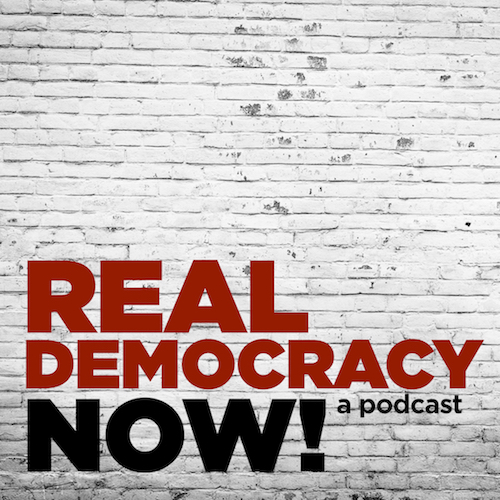This is the ninth episode in a bonus series of Real Democracy Now! a podcast talking about Deliberation, Culture and Context.
This bonus series has been made in collaboration with the Centre for Deliberative Democracy and Global Governance at the University of Canberra. In this series, I speak with a number of people who participated in the Centre’s conference in early December 2017 which brought together scholars from around the world to examine the different forms, meanings, and significance associated with deliberation in various cultures and contexts. A copy of the conference program is available here.
This Conference was supported by John Dryzek’s ARC Laureate Fellowship entitled “Deliberative Worlds: Democracy, Justice and a Changing Earth System.”
In this episode, I’m speaking with Dr Quinlan Bowman.
I spoke with Quinlan about his reflections on the Conference where he was one of the speakers in the final roundtable discussion – Deliberation, Culture and Context: the state of play.
Quinlan identified recurring anxiety, amongst academics, about making normative judgements about democratic practices around the world. He takes the view that ‘all social research is value guided as well as value-laden.’
He made four suggestions to address this potential value bias:
- be open and transparent about our judgements when looking at other cultures
- be open to being wrong, what he calls ‘cultural self-criticism’
- make cultural self-criticism an explicit component of cross-cultural studies, and
- bring the subjects of our investigations into the evaluation of our findings and be open to modifying our conclusions based on their input.
He noted that there are lots of reasons why doing these things is hard.
Quinlan’s current research is looking at friendship as a cross-cultural phenomenon which embodies democratic values, such as treating one and another as free and equal.
Finally, Quinlan believes the Deliberation, Culture and Context Conference demonstrates that the field of deliberative democracy continues to develop from its original roots in mainly western cultural practices.
In the final episode in this bonus series, I’ll be speaking with Professor John Dryzek reflecting on the conference overall. I hope you’ll join me then.
Check out this episode!
